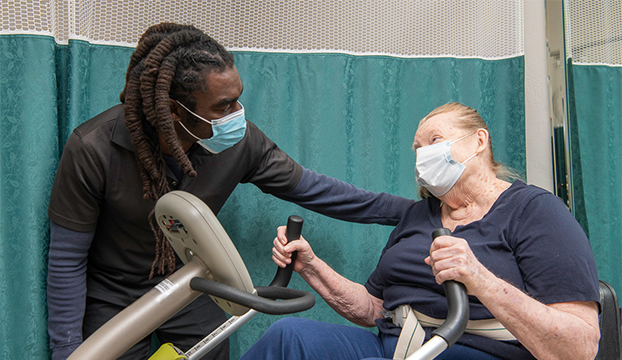The Essential Impact of Resistance Training on Enhancing Recovery and Effectiveness in Sports Recovery
The Essential Impact of Resistance Training on Enhancing Recovery and Effectiveness in Sports Recovery
Blog Article
Resistance training plays a vital role in athletic recovery, helping athletes heal from injuries and enhance their general capabilities. When an athlete gets injured, their physique needs time to heal. However, during this rehabilitation period, it is crucial to maintain strength and flexibility to prevent additional injuries. Strength training can be tailored to fit the needs of each individual, focusing on particular muscular groups that may have been impacted by the injury. This focused method not only assists in recovery but also readies the athlete to come back to their activity stronger than previously.
One of the primary advantages of resistance training in recovery is its ability to enhance muscular strength and stamina. When muscles are more powerful, they can better support articulations and minimize the chance of re-injury. For instance, an athlete healing from a leg injury can benefit from workouts that fortify the quadriceps and back thigh muscles. These muscles play a crucial role in supporting the leg joint. By including resistance conditioning into their rehabilitation plan, athletes can recover their power more effectively and securely.
In addition to developing power, strength conditioning also improves mobility and range of motion. Many injuries can result to stiffness in the injured region, causing it difficult for individuals to move easily. Strength training workouts often involve stretching and lengthening the muscular tissues, which can help this website reestablish flexibility. For example, adding resistance straps or weights into flexibility routines can improve the effectiveness of these workouts. As flexibility enhances, individuals can perform movements more effectively, which is crucial for peak performance in their activity.
Another crucial aspect of strength training in athletic recovery is its beneficial impact on mental health. Healing from an trauma can be a difficult and exasperating process for athletes. Engaging in strength conditioning can offer a sense of accomplishment and boost self-esteem. As individuals see improvements in their strength and capabilities, they may experience more motivated to continue their rehabilitation journey. This psychological uplift can be just as crucial as the physical benefits, as a optimistic attitude can lead to better results in rehabilitation.
Finally, resistance conditioning can assist individuals transition back to their sport more seamlessly. Once they have regained their strength and mobility, athletes need to rehearse activity-specific actions to guarantee they are ready for contests. Resistance conditioning can be combined with sport-specific exercises to create a holistic rehabilitation program. This combination allows athletes to not only heal but also improve their capabilities. By concentrating on both recovery and performance, resistance training becomes an crucial instrument in the rehabilitation process, helping individuals return to their activity more robust and more resilient.